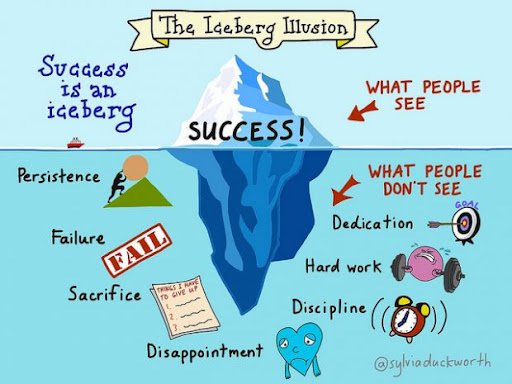What is the fear of failure?
Failure being a negative event, experienced in a more or less difficult way, it is natural to be afraid of it and not to wish to relive the same thing. Fear of failure or atychiphobia can be characterized by: low self-esteem and the idea that you won't be successful; a perfectionism of success and how to achieve it; self-sabotage to avoid trying again; comfort in not getting involved in new risky projects.
Fear of failure and children
As a teacher, i can tell you that the fear of making mistakes is often linked to performance anxiety. Generally, it appears in the 1st year of elementary school and manifests itself by the appearance of memory lapses, the refusal to answer questions, etc. Of course, this fear of failure can have a negative influence on academic success. Fortunately, the situation can improve!

1.Dramatize chess
For some children, failure can be terrifying. As if getting the wrong answer and getting it wrong would automatically lead to a penalty. Yet it is human to make mistakes and for good reason, everyone does. So, to play down the small setbacks in life and help your child better accept their eventuality, you can:
*communicate your personal experience.
*explain that even adults (and teachers) can make mistakes.
*mention that mistakes are part of learning.
*remember that school is made for learning.
etc.

2.Manage anxiety
It is quite normal to feel a little nervous before a test. However, if your child's body reacts like it's being chased by a dinosaur every time the teacher asks them a question, they may need a little helping hand to deal with it. his anxiety. To do this, you can:
• discuss with him what scares him.
• teach him relaxation and breathing exercises.
• help him focus on positive thoughts.
• teach him to reassure himself alone.
• find tips to reduce stress.
• etc.
3. Work on self-confidence
The child who doubts, or who is not confident in his abilities, will be more at risk of being affected by the fear of failure. Fortunately, if this is the case with your child, it is not too late. You can correct the situation by adopting an encouraging attitude that promotes confidence and self-esteem. To get there, here are a few things you can do:
• avoid comparisons,
• underline his successes,
• show an interest in their emotions and their work,
• promote their ideas,
• focus on your strengths,
• etc.
4.Monitor your own report for error
Children are often the mirror of adults. They tend to reflect our good as well as our bad behavior. If you are very critical and demanding of yourself (or of others), your child may have the same tendency. To avoid this situation, you can:
*laugh at your own mistakes.
*talk about your efforts instead of your failures.
*stay positive even after a setback.
etc
5.Turning a mistake into a success
Getting a wrong answer, or a disappointing rating, can also be seen as an incredible chance to do better next time. To help your child to positively use a failure, after each of them, you can invite him to ask himself questions like:
*Did I understand the question correctly?
*Was I paying attention?
*Had I studied enough?
*On a scale of 1 to 5, how would I rate my effort?
*What could I do next time to get a different result?
*Who could help me understand better?
Etc.

Source : https://www.alloprof.qc.ca/fr/parents/articles/difficultes-ecole/enfant-peur-se-tromper-k1287